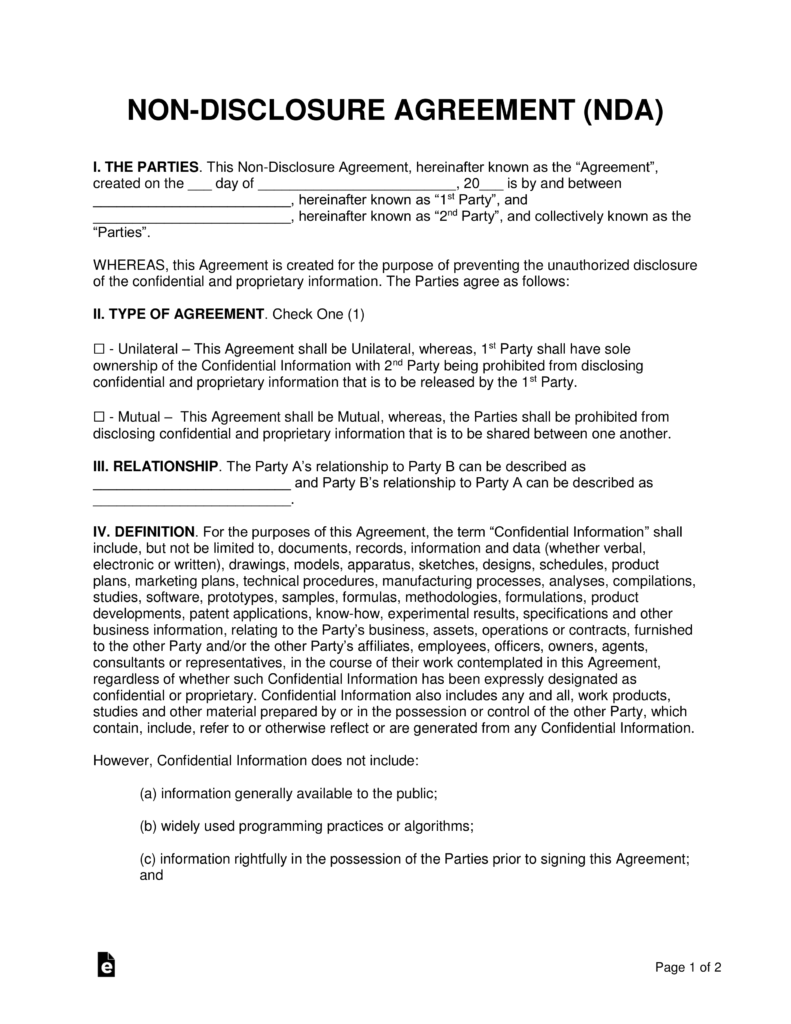Zero Hours Contract
Having a coherent zero-hours contract is crucial when a business wishes to hire part-time or casual workers.

Create a Document in 3 Easy Steps
1. Get Started
Choose Your Form or
Location to Begin
2. Answer Questions
Complete Your Document in Minutes
3. Download Document
Download and Print your PDF
This document is GDPR compliant.
Having a coherent zero-hours contract is crucial when a business wishes to hire part-time or casual workers.
Casual workers are those hired to do a job when there is a business need, but are not guaranteed any set working days or hours.
An effective zero-hours contract should include areas pertaining to the practical arrangements of how the work will be performed. It also includes aspects that are similar to an employment contract, such as clauses regarding the place of work, hours, holidays, pay and termination.
Please note, however, that exclusivity clauses are now forbidden. Exclusivity clauses placed restrictions on workers which prevented them from working for any other company than the one issuing the contract. These were deemed too restrictive on the worker and are unlikely to be enforceable.
When to use this zero-hours contract:
- When you would like to hire a temporary or casual worker to cover any new short term jobs or emergencies;
- When you would like to employ workers that do not have a strict schedule but can be more available when required to be; or
- When the worker has other commitments that prevent them from having a strict schedule, e.g. childcare or studying.
Zero-hours contracts can only be used for workers located in either England, Wales or Scotland
What is included in zero-hours contracts?
These zero-hour contracts include:
- The type of work the worker will be asked to do and how this work would be offered and carried out;
- Terms concerning any pay and benefits;
- Where the worker will be located and hours and holidays;
- Terms concerning potential sicknesses; and
- Arrangements for the termination of the agreement.
What are zero-hours contracts?
Zero-hours contracts are agreements between businesses and temporary workers that state the terms of their work, wherein there are no guarantees for work in the future or set hours/days.
It also explains the type of work they will be doing, the pay/benefits they will be receiving as well as hours and holidays.
How do I know if I need a zero-hours contract?
You should use a zero-hours contract when you cannot fully assure your member of staff of long-term work, or if you would like to hire someone who has more flexible working hours than a full-time or part-time employee.
They are often used in businesses where the demand for their work continuously changes, for example seasonal work or restaurants.
What is the main difference between a zero-hours contract and an employment contract?
The main difference between zero-hours contracts and employment contracts is that workers on zero-hours contracts are not obligated to accept the contract nor are the employers obligated to offer the work.
Are staff on zero-hours contracts workers or employees?
Staff on zero-hours contracts can be either workers or employees; it is dependent on their specific employment status.
Staff on zero-hours contracts are granted the same fundamental employment rights as most regular workers, including annual leave, the National Minimum Wage and Living Wage, as well as capital for work-related travel.
When a member of staff is labelled as an ‘employee’ rather than a ‘worker’, they acquire more legal rights and benefits, such as statutory maternity leave.
Can employment relationships arise from zero-hours contracts?
Zero-hours contracts create a working relationship between the worker and the employer, but it is important to note than an ‘employee’ status could still develop over time. In the case of zero-hours contracts, an employer usually recruits the member of staff as a ‘worker’. The contract stipulates that the worker is to be treated as temporary, not like the full-time employees.
Still, as the work progresses, the ‘worker’ may become a more permanent fixture in the business and overtime the employment status may change from ‘worker’ to ‘employee’.
The change from ‘worker’ to ‘employee’ status may occur organically without either party recognising it, but this would be explored by the Employment Tribunal in the event of any disputes.
Are zero-hour workers entitled to holiday pay or sickness pay?
Workers under zero-hours contracts are, as previously mentioned, entitled to annual leave or holiday pay, sick pay, Minimum Wage and the National Living Wage.
However, they do not have all the same rights as an “employee”, as an employee status would have allowed them to file for potential unfair dismissal, maternity leave, more accommodating hours or the statutory minimum notice.
How are zero-hours contracts terminated?
Employers can terminate this agreement with immediate effect if the worker has committed any breach of the contractual terms, or have participated in any gross misconduct in the business, such as dishonesty or theft.
Workers can terminate this agreement by informing the employer as soon as possible that they would like to end their commitment as a casual worker.
Am I allowed to transfer employee data out of the European Economic Area (EEA)?
This document allows you to transfer employee data out of the EEA, but this can only be done if there the relevant security measures in place, such as the organisation receiving the data is officially accredited by an approved certification mechanism.
These safety precautions should be established in the Employer’s Data Protection Policy.
For more information on this, read International Transfers of Personal Data.
For more advice:
Speak to a solicitor if:
- you would like to create an employment relationship using a zero-hours contract or other contracts like this, but are not sure of the employment status of your staff;
- you currently have staff on zero-hours contracts who have been with you for a long period of time; or
- you have workers based outside England, Wales or Scotland
Other names for zero-hours contracts:
Nil hours contract and 0-hour contract.s

